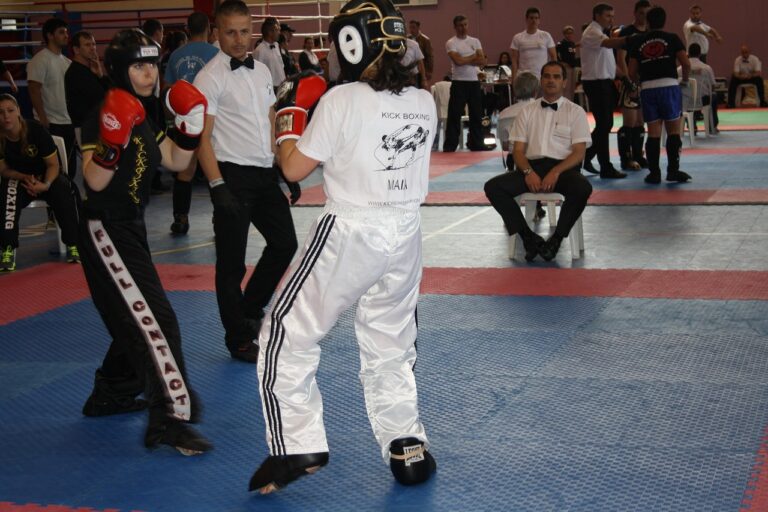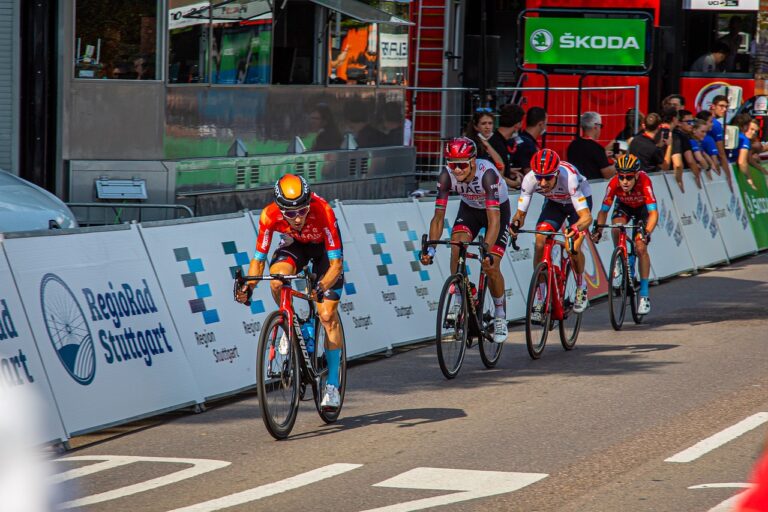Nutrition Considerations for Cricket Players with Psychotic Disorders: Tigerexchange247, Golden 77, Sky99exch
tigerexchange247, golden 77, sky99exch: Nutrition Considerations for Cricket Players with Psychotic Disorders
Cricket is a physically demanding sport that requires athletes to be in peak physical and mental condition. Proper nutrition plays a crucial role in ensuring that cricket players have the energy, strength, and focus needed to perform at their best. This is especially important for players who have psychotic disorders, as their unique challenges may affect their nutritional needs.
Here are some key nutrition considerations for cricket players with psychotic disorders:
1. Balanced Diet
Eating a balanced diet is essential for all athletes, including those with psychotic disorders. A diet that includes a variety of lean proteins, complex carbohydrates, healthy fats, fruits, and vegetables can help cricket players maintain their energy levels and support their overall health.
2. Hydration
Staying properly hydrated is important for all athletes, but it is especially crucial for cricket players who may be playing in hot conditions for long periods of time. Drinking plenty of water before, during, and after games can help players stay focused and perform at their best.
3. Protein Intake
Protein is essential for muscle repair and growth, making it an important nutrient for cricket players. Including sources of lean protein such as chicken, fish, eggs, and legumes in the diet can help players recover from intense training sessions and games.
4. Omega-3 Fatty Acids
Omega-3 fatty acids are known for their anti-inflammatory properties and their role in brain health. Including sources of omega-3s such as fatty fish, flaxseeds, and walnuts in the diet may help support cognitive function in cricket players with psychotic disorders.
5. Vitamin D
Vitamin D plays a role in bone health and immune function, making it an important nutrient for athletes. Cricket players who train and play outdoors may have sufficient sun exposure to produce vitamin D, but those who spend a lot of time indoors may benefit from including sources of vitamin D in their diet or taking a supplement.
6. Meal Timing
Eating meals and snacks at regular intervals throughout the day can help cricket players maintain stable energy levels and avoid dips in performance. Players with psychotic disorders may benefit from setting reminders or using meal planning strategies to ensure they are getting the nutrition they need.
FAQs:
1. How can nutrition help cricket players with psychotic disorders manage their symptoms?
A balanced diet that includes essential nutrients such as protein, omega-3 fatty acids, and vitamin D can support brain health and overall well-being in cricket players with psychotic disorders.
2. Are there any specific foods that cricket players with psychotic disorders should avoid?
Cricket players with psychotic disorders may benefit from limiting their intake of processed foods, sugary drinks, and caffeine, as these substances can sometimes exacerbate symptoms.
3. Should cricket players with psychotic disorders take supplements?
Supplements should be used in conjunction with a balanced diet and under the guidance of a healthcare provider. Players with psychotic disorders may benefit from taking supplements such as omega-3 fatty acids or vitamin D if they are deficient in these nutrients.
In conclusion, proper nutrition is key for cricket players with psychotic disorders to support their physical and mental health. By following these nutrition considerations and working with healthcare providers, cricket players can optimize their performance on the field and manage their symptoms effectively.







